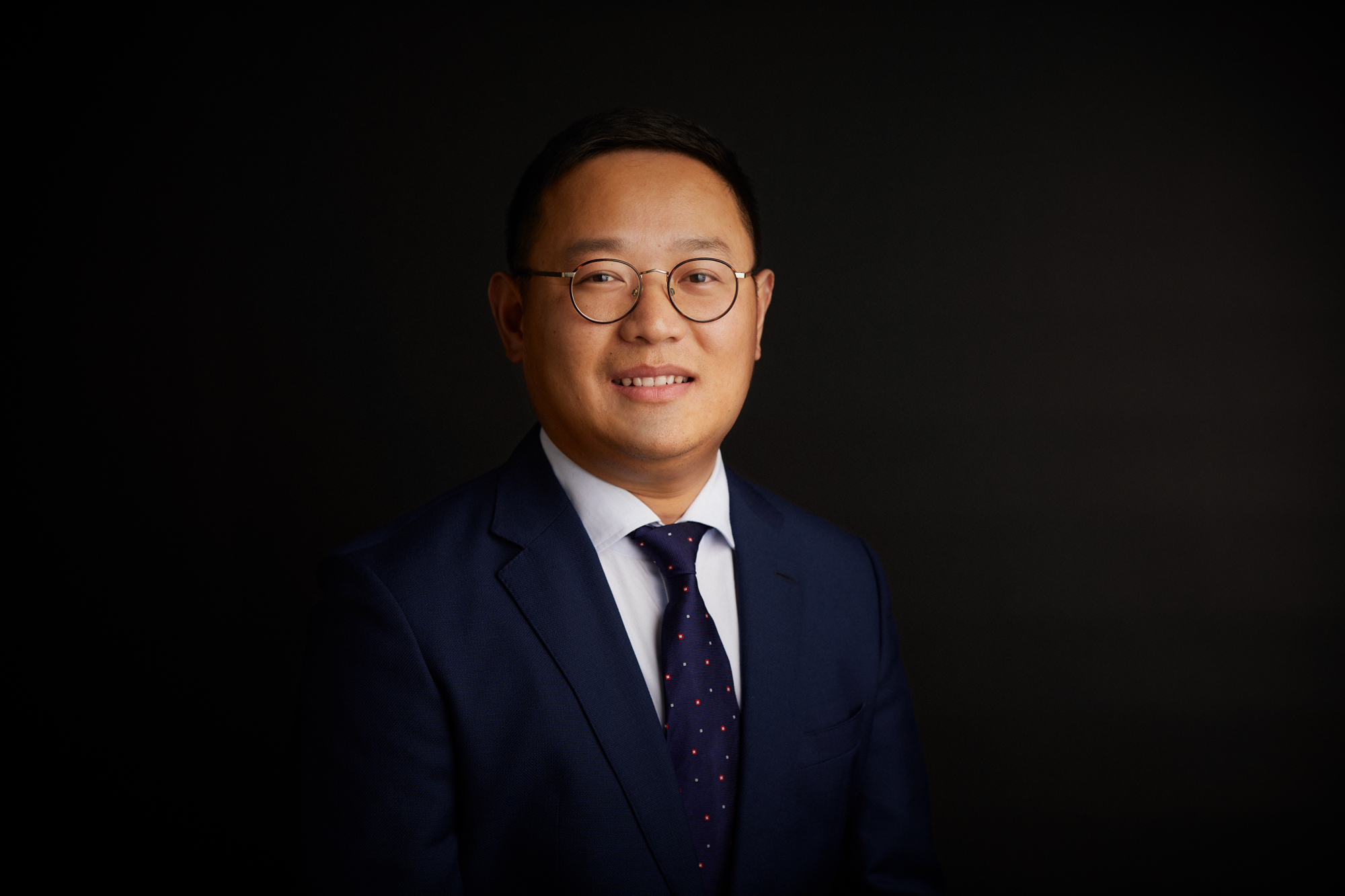Zongsu Wei
Research leader

Project title
CataForce: Catalytic “Forever Chemical” Elimination Towards Zero Fluoro-Pollution
What is your project about?
The “forever chemicals” per- and polyfluoroalkyl substances (PFAS) are widely found in everyday consumer products including carpets, water-repellant clothing, firefighter foams, cookware, and food packaging materials. Exposure to PFAS can lead to various adverse health effects, such as low infant birth weight, thyroid hormone disruption, impairment on the immune system, and even cancers. For instance, it is identified that the PFAS pollution at Korsør led to many poisoned patients. Current practices to remove PFAS from polluted water are either ineffective or energy-consuming, so there is an urgent need to develop technologies that can break down the perpetual chemicals in a green, sustainable way. With the Starting Grant from DFF, I will design sustainable biochar-based catalysts that can use energy from light to initiate a reaction that otherwise might not happen; in this case, sustainable solar light will be the energy source. The photocatalytic materials used to degrade PFAS will be recycled, with an end-product consisting of nothing more than clean water.
How did you become interested in your particular field of research?
Water is one of the most basic resources but also the most essential for human life. However, thousands of man-made chemicals and particles have been released into the water as toxic pollutants. Since my Ph.D. studies, I am motivated to develop novel water treatment technologies to remove those pollutants, ensuring a safe and clean water supply for the public. Inspired by combining knowledge from chemistry, materials, and engineering, I am empowered to solve many water problems at hand. These multi-disciplinary tools always provide the creative spark needed to find radical and scientific solutions.
What are the scientific challenges and perspectives in your project?
Fluorinated compound eliminating reactions – also called defluorination reactions – are difficult to realize when driven by solar light. The challenge has two parts: First, the forever chemical must come in contact and adsorb or “stick” to the surface of biochar-based photocatalyst; this process is known as complexation. At the same time, the solar light must stimulate the photocatalyst enough so that the photoreactions will occur. The proposed solution to this challenge is to construct a complex material. The material combines the adsorptive properties of biochar and the photoactivity of catalysts. The biochar concentrates a variety of forever chemicals on the surface, where the catalysts amplify solar light energy to break them down. This combination will lead to breakthrough discoveries of solar-light driven fluorine-eliminating reactions that have been hitherto impossible in conventional catalytic reactions. Furthermore, it will provide a strong basis to establish a technological platform for completely removing forever chemicals and other pollutants in water, ultimately meeting the goal of zero pollution.
What is your estimate of the impact, which your project may have to society in the long term?
The project will fill knowledge gaps of forever chemical elimination using sustainable biochar material and sustainable solar energy. The novel strategy will be an important first step to develop next-generation clean water technology and eventually achieve a zero (fluoro-)pollution goal. Results from this project will be shared with the public and policymakers to help regulate these chemicals. The project will potentially open new research disciplines in eco-technological solutions for a zero-toxic environment and will have a vast and positive effect on the environment in the EU and worldwide.
Which impact do you expect the Sapere Aude programme will have on your career as a researcher?
It is a huge recognition and a great honor to receive the Sapere Aude grant. With its support, I will be able to consolidate my research group around PFAS treatment and establish myself as a key player in Danish and international water communities. It will also put me at the forefront of water innovation research to produce high quality, low cost, easy to use technologies that incorporate sustainable materials and energy for a toxic-free environment. The grant will therefore be a milestone for my career and will shape my research directions for years to come.
Background and personal life
I now live in Aarhus with my wife Yueyun and my two sons, Ethan and Max. We moved to Denmark in 2019 following a 10-year stay in the U.S.A., where I received my academic training. We enjoy traveling to different places in Denmark and exploring the versatile Scandinavian cultures. The culture in Denmark is quite unique, and I find it interesting when comparing it with the rest of the world. Outside of my work, I like reading, hiking, spending time with family, and following my beloved Ohio State Buckeyes football team.
View all research leaders here
Research institution
Aarhus University
Research field
Environmental Engineering
City of your current residence
Aarhus
High school
Rizhao No.1 Middle School of Shandong
